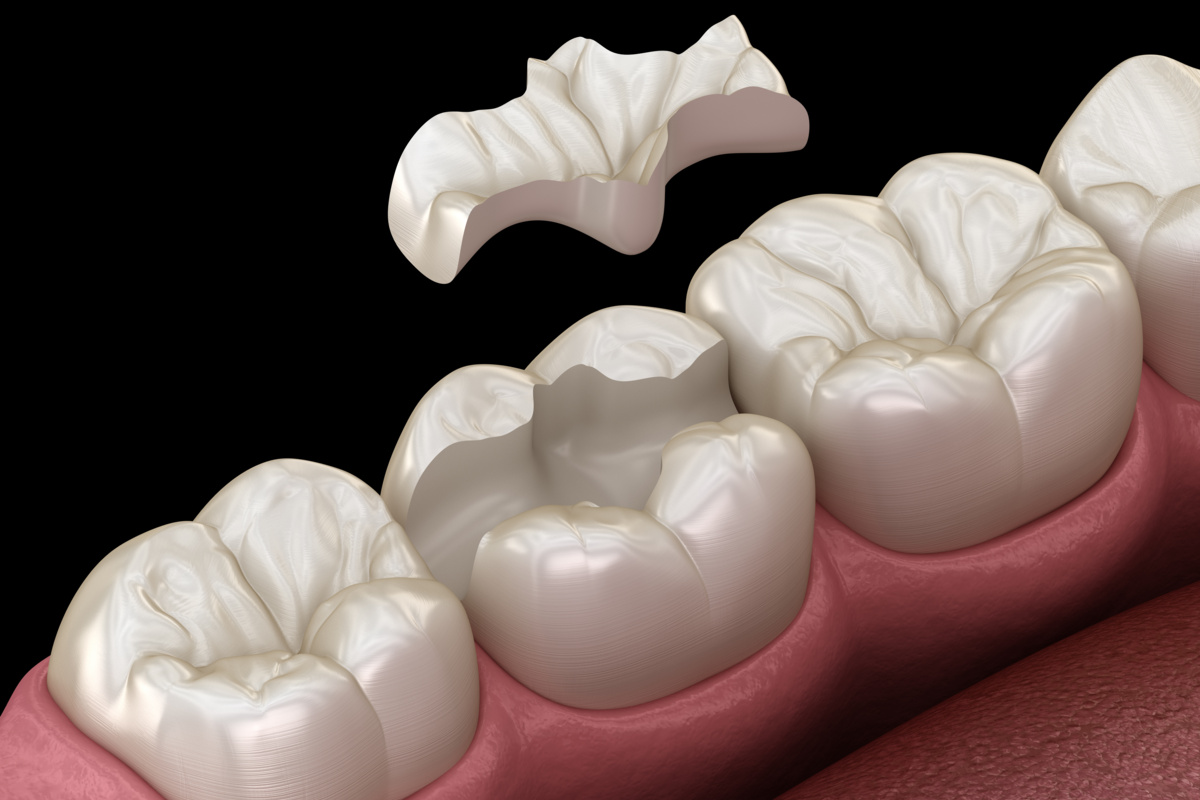Oral cancer is a devastating disease that affects thousands of people around the globe. Among the various types of oral cancer, squamous cell carcinoma stands out as the most aggressive, often spreading rapidly within a short time frame.
This article will delve into the details of this specific form of cancer, examining its characteristics, how it can spread in as little as three months, and what warning signs to look out for.
Squamous Cell Carcinoma: The Most Aggressive Type of Oral Cancer
Squamous cell carcinoma is known for its relentless nature, rapidly invading the surrounding tissues. Timely diagnosis and intervention are essential in managing this aggressive form of cancer.

Characteristics and Identification
Squamous cell carcinoma is a form of oral cancer that often proves challenging to manage and contain. Its aggressive nature is characterized by rapid growth, resistance to treatment, painful lesions, and spread to other parts of the mouth, throat, and even lungs.
Recognizing these traits early can make a significant difference in treatment outcomes. Awareness and education on these symptoms are vital for both patients and healthcare providers.
How Oral Cancer Spread Can Occur Within Three Months
The spread of this particular type of oral cancer is alarmingly rapid. A lesion that may initially seem benign can quickly escalate, spreading to other parts of the mouth, throat, and even lungs.
This rapid spread can happen in as little as three months, surprising both patients and medical professionals. Understanding the reasons behind this rapid spread is crucial for developing effective interventions and treatment plans.
Factors Contributing to Rapid Spread
- Lack of early detection: Often, the initial symptoms may be ignored or misdiagnosed, leading to delayed treatment.
- Aggressive nature: The inherently aggressive behavior of squamous cell carcinoma allows it to spread rapidly to surrounding tissues.
- Ineffectiveness of traditional treatments: Conventional treatments may prove ineffective, causing the cancer to resist control and continue its destructive path.
Knowledge of these factors can guide preventive measures and strategic treatment plans. Comprehensive care requires a multifaceted approach that considers all aspects of this aggressive cancer.
Warning Signs and Diagnostic Tools
Being vigilant about the signs of squamous cell carcinoma and utilizing proper diagnostic tools can make a difference in patient survival rates. Early detection is key, and understanding what to look for is vital in the battle against this disease.
Recognizing the Symptoms of Oral Cancer Spread
Early recognition of the symptoms is crucial in managing this type of oral cancer. Common signs include lesions that don’t get smaller, regardless of treatment, are painful when touched, and spread to other parts of the mouth and throat.
Taking these symptoms seriously and seeking medical help promptly to undergo a comprehensivee oral cancer screening can save lives. It’s essential to understand the gravity of these signs and act without delay.
Diagnostic Tools and Techniques
To confirm the presence and extent of this cancer, various diagnostic tools can be employed, such as X-Rays to detect any spread to the lungs or other parts of the body and scans to assess the spread and formulate an effective treatment plan. Utilizing these diagnostic tools effectively can lead to accurate diagnosis and a tailored treatment approach. In collaboration with experienced healthcare providers, these tools can significantly contribute to patient care and recovery.
Stay Ahead of Oral Cancer By Catching it in its Early Stages

Squamous cell carcinoma is a relentless and rapidly advancing form of oral cancer that demands early detection, timely intervention, and a thorough understanding of its aggressive nature. This knowledge is vital for both medical professionals and individuals at risk, allowing for the development of more effective treatment strategies and improved outcomes.
By recognizing the signs and understanding how this cancer can spread in as little as three months, we can be better prepared to fight this formidable disease. Contact Indian Trail Dental Studio today to learn more about how fast oral cancer spreads.



